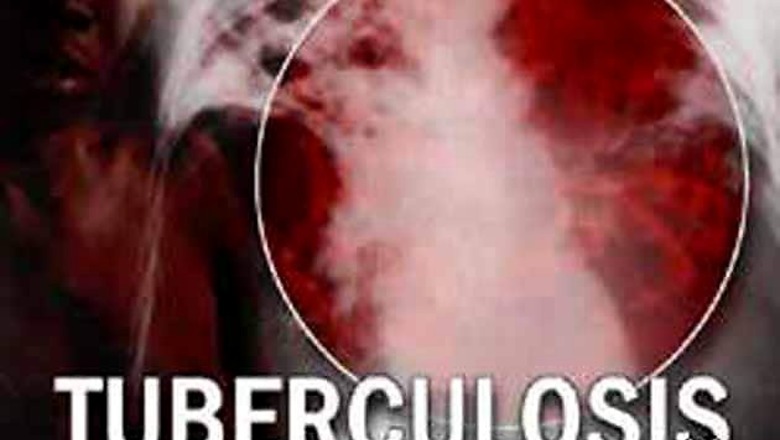
views
Mumbai: "Unregulated" diagnostic centres mushrooming in private sector and non-qualified doctors prescribing drugs pose a big challenge to check tuberculosis in Mumbai, according to experts.
According to Municipal Corporation of Greater Mumbai's TB consultant Arun Bamne, the disease is a major public health concern for Mumbai due to an alarming rise in cases of drug resistant tuberculosis, which is mainly blamed on improper use of antibiotics.
"Unregulated diagnosis in private sector (hospitals) and unqualified doctors prescribing drugs still pose a big challenge to control TB," he said at a workshop held on tuberculosis on Wednesday.
India reports more than 25 per cent of the world's new cases annually, according a study conducted by the Corporation (MCGM). Mumbai, due to its complexities, thick population density, slums and higher prevalence of TB infection is more prone to TB cases and currently the city has approximately 30,000 plus cases of drug sensitive TB and 6,000 plus cases of drug resistant TB, the study said.
Nearly 50 per cent patients are treated in private sector and many tests are rampantly and injudiciously utilised in private sector leading to incorrect diagnosis and treatment of tuberculosis in Mumbai, Bamne said.
"The city also faces deficiency of certified private labs and patients leaving treatment mid-way, are concerns to control the spreading of this disease," he added. The expert said that MCGM, commonly known as BMC, has now taken the lead to train private medical practitioners for correct guidelines and support them with services.
According to the study, MDT-TB (Multi drug-resistant TB) deaths in the city is less than the national average. As many as 1,033 of the total 7,483 people diagnosed with drug-resistant tuberculosis in the Mumbai city have died over the past five years.
But with a 14 per cent mortality rate, the city have fared better than the national average of 25 per cent, the study showed. Civic records also show that 349 (5.21 per cent) patients, who have sustained the gruelling Multi drug-resistant TB (MDT-TB) treatment regimen that lasts 24 to 27 months, have been cured of the disease, it said.
Currently, 3,784 patients are taking MDT-TB treatment under the Revised National Tuberculosis Control Programme (RN TCP). Mumbai TB officer Dr Minnie Khetrapal said that this shows that BC has come a long way from 2010, when barely 53 patients could be successfully diagnosed with MDT-TB and 16 were put on treatment.
Till 2012, the BC did not have the infrastructure to diagnose MDT-TB. "Since 2012, we have diagnosed an average of over 2,000 MDT-TB cases annually. We have an encouraging cure rate but 10.7 per cent patients stopped treatment," Khetrapal said.
Side-effects of MDT-TB medication, which is apparently worse than that of DR-TB, and toxicity of drugs, are the major reasons for dropout, he said. Head of chest medicine at KEM Hospital Dr Amita Athavale said families have to be patient as the bacteria is persistent. She also cautioned against the labelling of every chest infection as TB.
"MCGM has fully committed its machinery to provide health services for citizens of the city. Having an extremely good reputation of health services across the state, patients not only from Mumbai but from other parts of Maharashtra and the country also come for treatment," Additional Municipal Commissioner of Health Sanjay Deshmukh said.

















Comments
0 comment